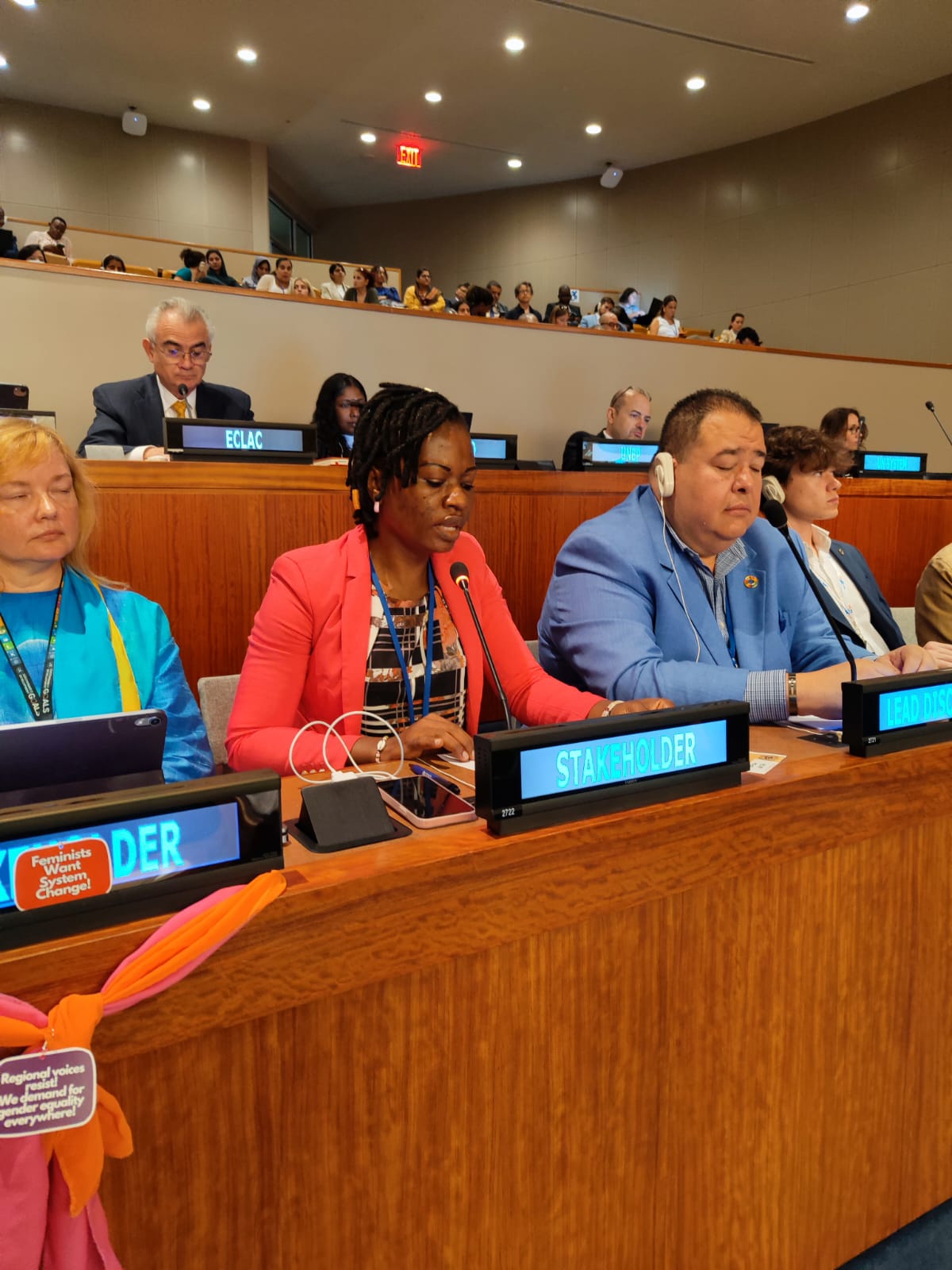Queen Bisseng calls for ‘global commitment to end discrimination’ at HLPF
In a compelling address at the High-Level Political Forum (HLPF), Queen Bisseng, representing the Stakeholder Group of Communities Discriminated on Work and Descent (CDWD), highlighted the urgent need for global attention to systemic discrimination based on work and descent.
Queen Bisseng opened her speech by emphasising the pervasive nature of this form of discrimination, which is rooted in inherited status such as caste, occupation, or social origin. “This discrimination,” she noted, “involves exclusion and segregation, often associated with notions of purity and pollution leading to practices of untouchability.”
Queen Bisseng described how such discrimination forces communities into roles deemed dirty and indecent, such as cleaners, washers, leather workers, undertakers, animal carcass removers, sanitation workers, manual scavengers, and waste pickers.
Queen Bisseng further emphasised that this form of discrimination is a blatant violation of human rights and a significant barrier to development, affecting over 270 million people globally. She highlighted the plight of the the Haratin and Mbororos in Africa, the Burakumin in Japan, the Quilombola in Brazil, and the Roma in Europe, Dalits in South Asia,
“Success in achieving the 2030 Agenda and leaving no one behind relies not only on meeting the needs and specific challenges across regions but also on addressing the systems of discrimination that prevent access to essential services for the most excluded groups in these regions,” Queen Bisseng asserted.
Queen Bisseng called for a global commitment to address these issues, urging the creation of a norm at the United Nations to tackle discrimination based on work and descent. She advocated for a resolution that would set global standards and commitments to protect the rights of these communities.
Recommendations by Queen Bisseng
- Adopt a UN Resolution: Establish a resolution to set global standards and commitments to protect the rights of communities discriminated against based on work and descent.
- Regional and National Mechanisms: Develop mechanisms to identify vulnerable groups through regular disaggregated data and stakeholder mapping. Allocate sufficient resources to support those left furthest behind.
- Strengthen Civil Society Participation: Enhance the participation of civil society at every level, from the development of national policies to monitoring and implementation, extending up to political structures at the global level.
- Amplify Voices of the Oppressed: Commit to amplifying the voices of the oppressed, acknowledging their contributions, and working collaboratively towards a more equitable and inclusive world.
Queen Bisseng concluded her speech with a powerful call to action: “We need to go beyond regions! Let us commit to amplifying the voices of the oppressed, acknowledging their contributions, and working collaboratively towards a more equitable and inclusive world.”
Her speech received widespread acclaim, drawing attention to the urgent need for global action to address and eradicate discrimination based on work and descent.


